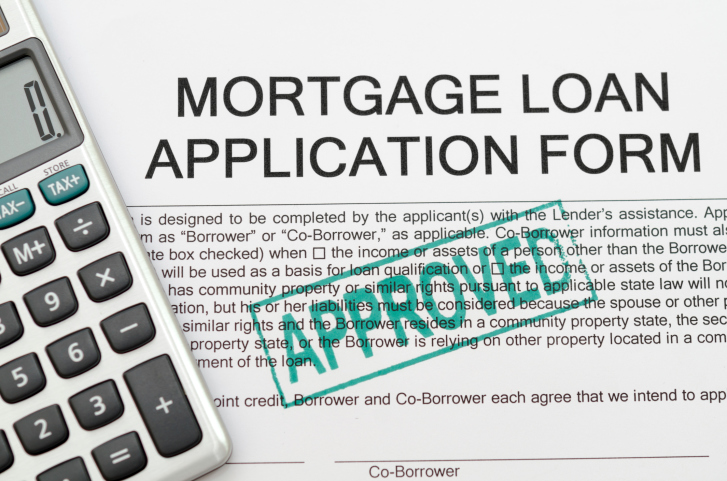The Do’s and Don’ts of Getting Approved for a Mortgage Quickly
 If you’re ready to buy a home, getting approved for a mortgage is a critical step that you can’t skip or rush. And although it may seem like the lenders can be a bit arbitrary in their approvals, there’s actually a detailed set of criteria they look for when approving or denying an application.
If you’re ready to buy a home, getting approved for a mortgage is a critical step that you can’t skip or rush. And although it may seem like the lenders can be a bit arbitrary in their approvals, there’s actually a detailed set of criteria they look for when approving or denying an application.
So how can you ensure your mortgage gets approved quickly and without any hassles? Here’s what you need to know.
Do: Have All Your Documents In Order Right Away
Processing the paperwork on a mortgage approval is one of the most time-consuming parts of getting a mortgage. And if you forget to include a form or fill something out incorrectly, it may take your lender days or weeks to sort out the problem. So before you go to your lender to get approved, make sure you have all of the necessary documents and that they’re all filled out correctly – it’ll save you a great deal of time later.
Don’t: Accept A New Job Or Start A Business While Closing
Once it comes time to close on your mortgage loan, you’ll want to keep your finances as consistent as possible until after the closing. Any change to your financial situation can throw a wrench into the approval process and delay your loan. If you’re planning to quit your job to start a business, accept a new job, cut back your hours, or go on parental leave, wait until after the home sale closes.
Do: Get Pre-Approved With Your Lender
One simple thing you can do to greatly speed up the approval process is get pre-approved. If you’ve already been pre-approved for a mortgage through a certain lender, then securing a mortgage through that lender will be a very smooth process – and in some cases, a pre-approval can speed up your mortgage approval by a week or even more. With a pre-approval in hand, the only issue that remains to be settled with the lender is providing them with your new home address.
Don’t: Co-Sign A Loan For A Friend Or Relative
Any major purchase or new debt of any kind will read as a serious red flag for your lender, one that will take time to sort out. Your lender will do a second credit check just before closing the mortgage, and any new loan amounts can delay or stop the approval. So if a friend or relative asks you to co-sign their loan, wait until after your mortgage is approved.
Getting approved for a mortgage can seem challenging, but by following a few simple rules, you’ll make it easy for your lender to sign off. For more mortgage approval advice, contact your trusted mortgage professional today.

 When shopping for a mortgage, it is important to take closing costs into account. While some closing costs are the same for all lenders, different programs may add or reduce some of the burden borrowers face when closing on a home loan.
When shopping for a mortgage, it is important to take closing costs into account. While some closing costs are the same for all lenders, different programs may add or reduce some of the burden borrowers face when closing on a home loan. So you’ve found the perfect home, the seller has accepted your offer, and now you’re just waiting for the mortgage to close before you wrap up the sale and take possession. It’s time for the closing meeting.
So you’ve found the perfect home, the seller has accepted your offer, and now you’re just waiting for the mortgage to close before you wrap up the sale and take possession. It’s time for the closing meeting. If you’re in the market for a new home, you’ll most likely need a mortgage in order to afford it. But for some home buyers, getting a mortgage isn’t easy. Banks and other lenders are often hesitant to lend money to certain consumers, often for good reason.
If you’re in the market for a new home, you’ll most likely need a mortgage in order to afford it. But for some home buyers, getting a mortgage isn’t easy. Banks and other lenders are often hesitant to lend money to certain consumers, often for good reason. If you’re looking into fixed term mortgages, you might be wondering whether there’s any reason why you should take the full term to pay off the loan. In a lot of cases, paying off a mortgage before it comes due is a great decision. If you’re considering paying off your mortgage early, you’ll experience a variety of benefits – here are just a few of them.
If you’re looking into fixed term mortgages, you might be wondering whether there’s any reason why you should take the full term to pay off the loan. In a lot of cases, paying off a mortgage before it comes due is a great decision. If you’re considering paying off your mortgage early, you’ll experience a variety of benefits – here are just a few of them.